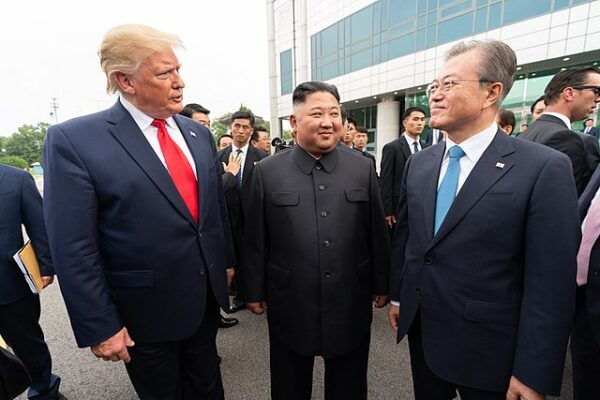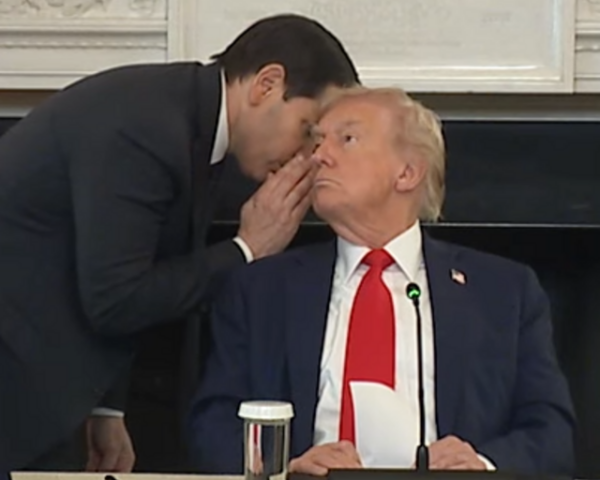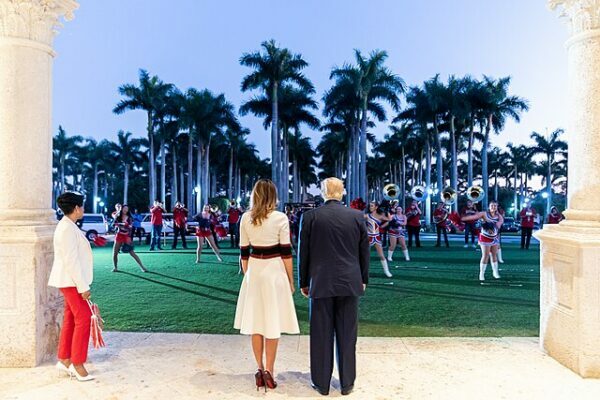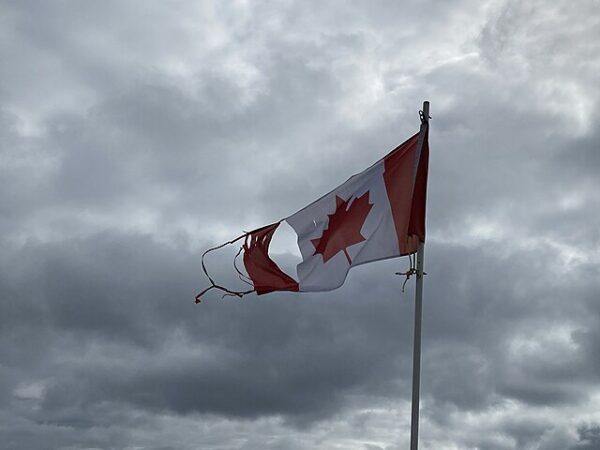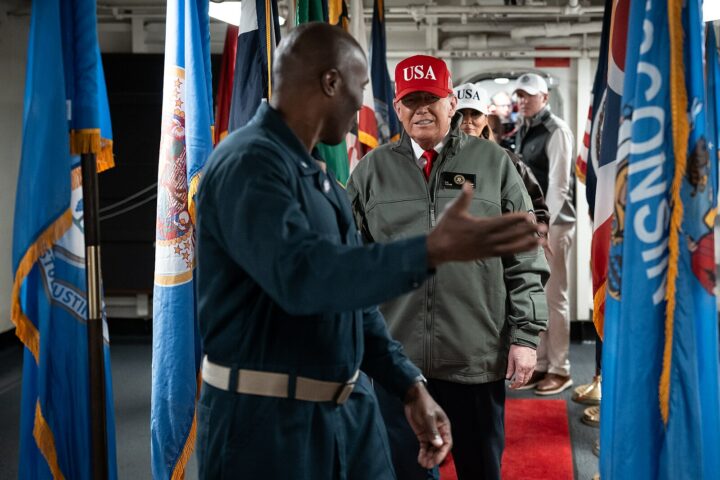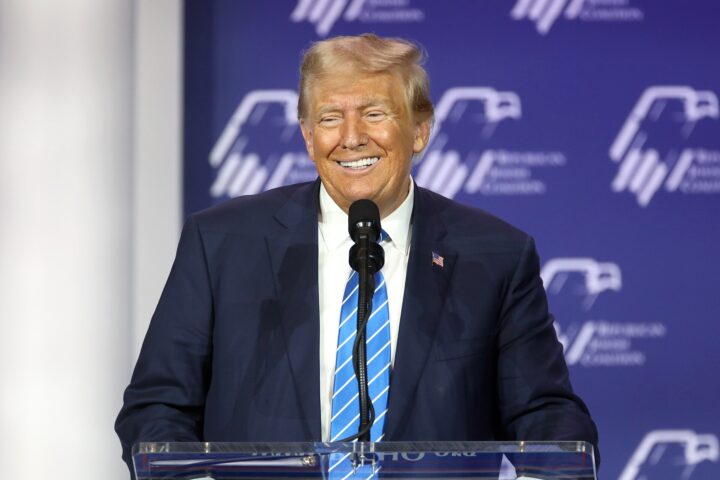A federal appeals court has delivered a sharp rebuke to President Donald Trump’s trade agenda, ruling that his sweeping tariff program violated constitutional limits on presidential authority. In a 7-4 decision issued August 29, the U.S. Court of Appeals for the Federal Circuit held that Trump’s reliance on the International Emergency Economic Powers Act (IEEPA) to impose duties on imports exceeded the law’s reach.
The ruling, which upholds a lower court’s May decision, invalidates five executive orders that had formed the backbone of Trump’s 2025 tariff strategy. Writing for the majority, the court said that while IEEPA permits regulation of importation in times of crisis, it does not authorize the president to levy what amount to unilateral taxes on trade, writes Politico.
At stake were two of Trump’s signature initiatives. The “Trafficking Tariffs,” introduced under a border emergency declaration, slapped a 25 percent duty on imports from Mexico and Canada and up to 20 percent on goods from China. The broader “Reciprocal Tariffs,” rolled out during Trump’s “Liberation Day” push in April, established baseline duties of 10 percent on nearly all imports, with surcharges reaching as high as 50 percent. China, in particular, was hit with penalties topping 100 percent before a partial rollback during negotiations.
The tariffs triggered immediate legal challenges from 12 states and several corporations, which argued that the Constitution places tariff power squarely with Congress. The appeals court agreed, stressing that the president cannot unilaterally reshape the nation’s trade regime under the banner of emergency authority.
Trump, who has staked much of his second-term economic policy on aggressive tariff leverage, blasted the decision on Truth Social. Calling it “a disaster for the country,” he vowed to appeal to the Supreme Court and expressed confidence the justices would side with him. For now, the ruling’s effect is delayed until October 14 to allow the administration time to seek review.
The tariffs had been central to ongoing negotiations with major trading partners. Trump boasted of progress with Mexico following a call with President Claudia Sheinbaum, and a fragile truce with Beijing has kept tariffs below their spring peak. Yet relations with India have soured after Trump doubled duties in retaliation for its Russian oil purchases, underscoring how his approach has reshaped U.S. alliances.
The case now appears bound for the Supreme Court, setting up a pivotal test of executive power. At issue is not only Trump’s tariff program but the broader question of how far presidents may go in wielding emergency authority to redirect the nation’s economic policy. The outcome could redefine the balance between Congress and the White House in matters of trade for years to come.
[Read More: Minnesota Calls For Repeal Of Walz Law]

